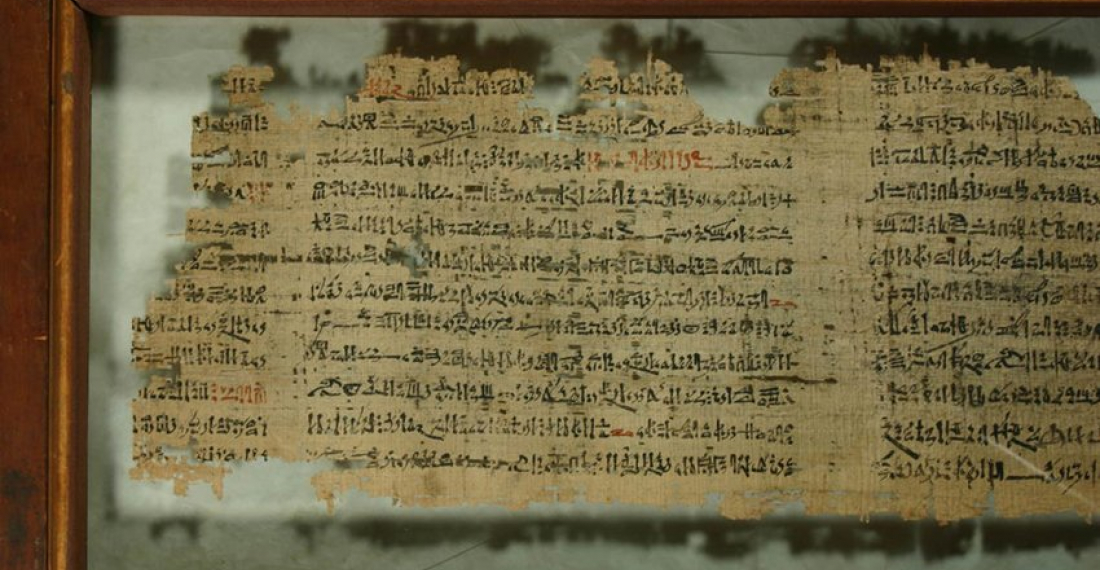Poetry about love was an important cultural element in ancient Egypt. There are many poetry examples that have received the attention of international poets such as Walt Whitman, Ezra Pound and others who transferred ancient Egyptian love poems to modern European languages. Meanwhile, the Egyptian ministries of education and culture focused more on other eras such as the Mamluk or Fatimid period.
Pharaonic love poetry reached us through different papyri, including the Papyrus Harris 500, the Chester Beatty Papyrus in the British Museum, and the Turin Papyrus in the Turin Museum in Italy.
The poetry of ancient Egypt has different features. The first of these is the prevalence of warm emotion, which captivates us with its strength and drive. There is a gentle expression of love that goes beyond most of our social issues, and the rules of etiquette created by modern culture. The lover woman craves her beloved, regrets his separation, and wishes she would meet him instead of hunting the birds that her mother sent to hunt her.
Also characteristic of that poetry is the equality of men and women in expressing the agony of love. One can observe poems written by a man for his beloved, and also vice versa. Some of the lovers expressed their love in a remarkable, bold expression, which can rarely be found in subsequent Egyptian poetry.
The ancient poets also had a fondness for drawing scenes, either in a detailed and direct pictorial manner, in the manner in which playwrights describe their scenes, or in a metaphorical manner loaded with connotations. An ancient Egyptian poetess says in a poem that combines the previous features, without any of them overwhelming others.






